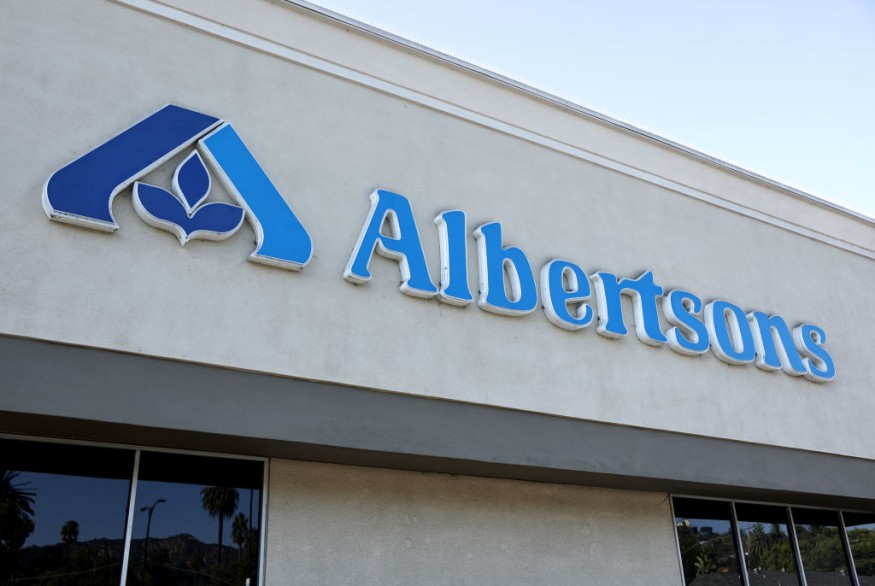
In a major shakeup for the US grocery industry, Albertsons has officially canceled its $24.6 billion merger with Kroger, following court rulings that blocked the deal.
The move, announced Wednesday, ends a two-year effort to create the country's largest grocery chain. Albertsons also filed a lawsuit against Kroger, accusing its former merger partner of breaching their agreement by failing to ensure regulatory approval.
Albertsons and Kroger Halt $24.6B Deal After Legal Setbacks
The decision came a day after separate courts in Oregon and Washington issued rulings against the merger. The Federal Trade Commission (FTC) argued that the deal would stifle competition, harm consumers, and violate antitrust laws.
Albertsons CEO Vivek Sankaran expressed disappointment, stating that the courts' decisions left the company with no choice but to terminate the agreement.
The proposed merger, first announced in 2022, aimed to help the two grocery giants compete with retail powerhouses like Walmart, Costco, and Amazon.
Together, Kroger and Albertsons operate more than 5,000 stores nationwide and employ approximately 700,000 people, CBS News said
The merger would have controlled about 13% of the US grocery market, compared to Walmart's 22%.
However, critics, including the FTC and attorneys general from several states, argued that the merger would hurt competition, raise prices, and reduce wages.
A divestiture plan to sell 579 overlapping stores to C&S Wholesale Grocers failed to satisfy regulators, who questioned the buyer's ability to manage such a significant acquisition.
Albertsons Sues Kroger for $600M After Historic Grocery Merger Collapses
In its lawsuit, Albertsons accused Kroger of failing to fulfill its obligations under the merger agreement.
The company alleged that Kroger ignored regulators' feedback, rejected viable buyers for divested stores, and failed to take actions necessary for approval.
According to AP, Albertsons is seeking $600 million in termination fees and additional damages for what it calls a "willful breach of contract."
Kroger dismissed Albertsons' claims as baseless, countering that Albertsons had repeatedly interfered with the merger process. Despite the legal battle, both companies said they remain financially strong and plan to move forward independently.
This development marks the collapse of what could have been the largest grocery merger in US history. For consumers, the immediate impact could mean fewer changes to store pricing and operations.
Still, Albertsons' future remains uncertain as it faces challenges such as high debt and underperforming stores in competitive markets.
While the deal's demise signals a victory for antitrust advocates, it underscores the complexities of large corporate mergers in a highly scrutinized industry. Both companies now look ahead, navigating a competitive grocery landscape on separate paths.
















